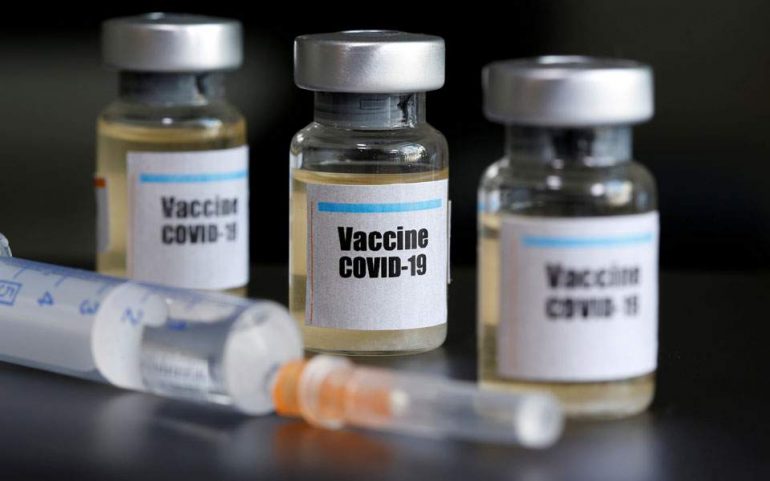Officials at the European Medicines Agency (EMA) issued a briefing on Friday explaining the procedures for developing, evaluating, approving and monitoring the safety of vaccines. COVID-19 in the EU, including the specific role of the EMA, stressing that security is a top priority.
In the event, which was broadcast live on the internet, Dr. Marco Cavaleri, Head of Vaccine Strategy of the Organization, explained the process of vaccine development COVID-19, saying that despite the development and evaluation of vaccines COVID-19 are made in a short period of time, approved according to the same high standards that apply to all other vaccines and drugs in the EU, ie on the basis of quality, safety and efficacy.
He said the short time for developing these vaccines was made possible by funding and new extensive knowledge about vaccine development.
The development of vaccines COVID-19 mobilizes more resources at the same time but no discount is made in the process as the same types of studies are followed as for other drugs, he stressed.
Fergus Sweeney, Head of Clinical Trials at Coreper, said vaccines are only approved after their overall benefits have been shown to outweigh their risks. He added that safety for the public is paramount and said that strict quality tests are followed before a vaccine is approved.
He added that vaccine batches must meet the specifications approved by the Agency.
Dr. Peter Arlett, Head of Data Analysis at Coreper, spoke about the vaccine safety monitoring phase. He said that all drugs, including vaccines, have benefits but also risks and that at the time of approval the data come mainly from controlled, randomized clinical trials.
However, he said, after this phase, and after approval, the vaccines will be used under real conditions by a much larger population and new side effects may occur.
Vaccine safety COVID-19 will be stronger with your involvement, he said, and called on people receiving the vaccine to report any suspected side effects that, he said, may not be related to the vaccine.
"We are monitoring security to identify any new or changing risk as soon as possible, and we will take immediate action," he said.
He noted that the EU has an integrated safety monitoring and risk management system known as the EU Pharmacovigilance System.
"Unprecedented steps are being taken to monitor security in practice, for transparency and for immediate action," he said.
Vaccines, he noted, are a key pillar of public health and have been shown to prevent serious diseases, but no drug is 100% safe, so like other drugs, vaccines can have side effects. Most, he continued, are mild.
He also said that the use of the mask, hand washing and social distancing remain important factors.
Melanie Carr, Head of Communications, spoke about the importance of transparency and communication and said the public should be able to access data and understand the rationale behind important vaccine decisions.
Extraordinary measures have been taken, he said, to improve the level of transparency of anti-drug COVID-19, while he said that the data will be explained in simple language for better understanding by the public.
The public and stakeholders were also given the opportunity to speak out and share their views, expectations and concerns about the vaccine.
Among those who intervened was on behalf of the University of Cyprus Dr. Nikolas Dietis Assistant Professor of Pharmacology at the Medical School. Mr. Dietis spoke about the expectations of the scientific and academic community which include, among other things, the quality of information and detailed information about vaccines, access to all data and high-quality and fast mechanisms for monitoring the safety of vaccines after approval. .
All interventions will be taken into account by the Agency in the decision-making process.
Source: KYPE
